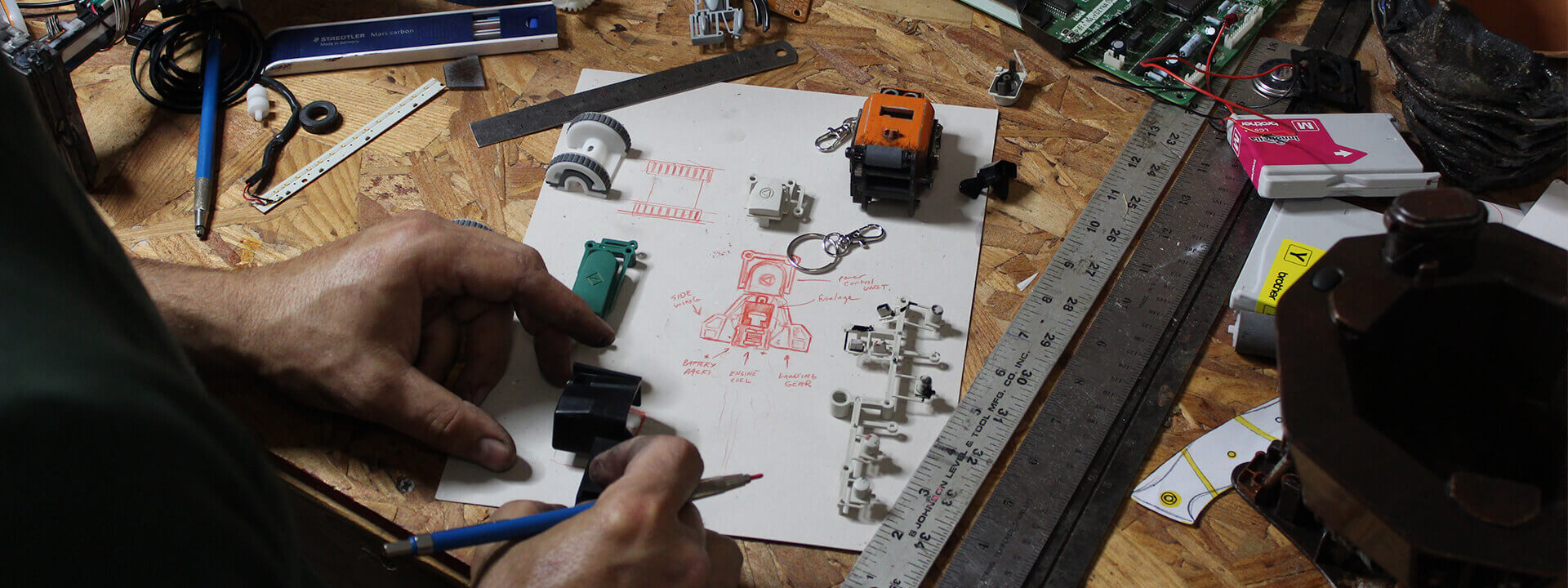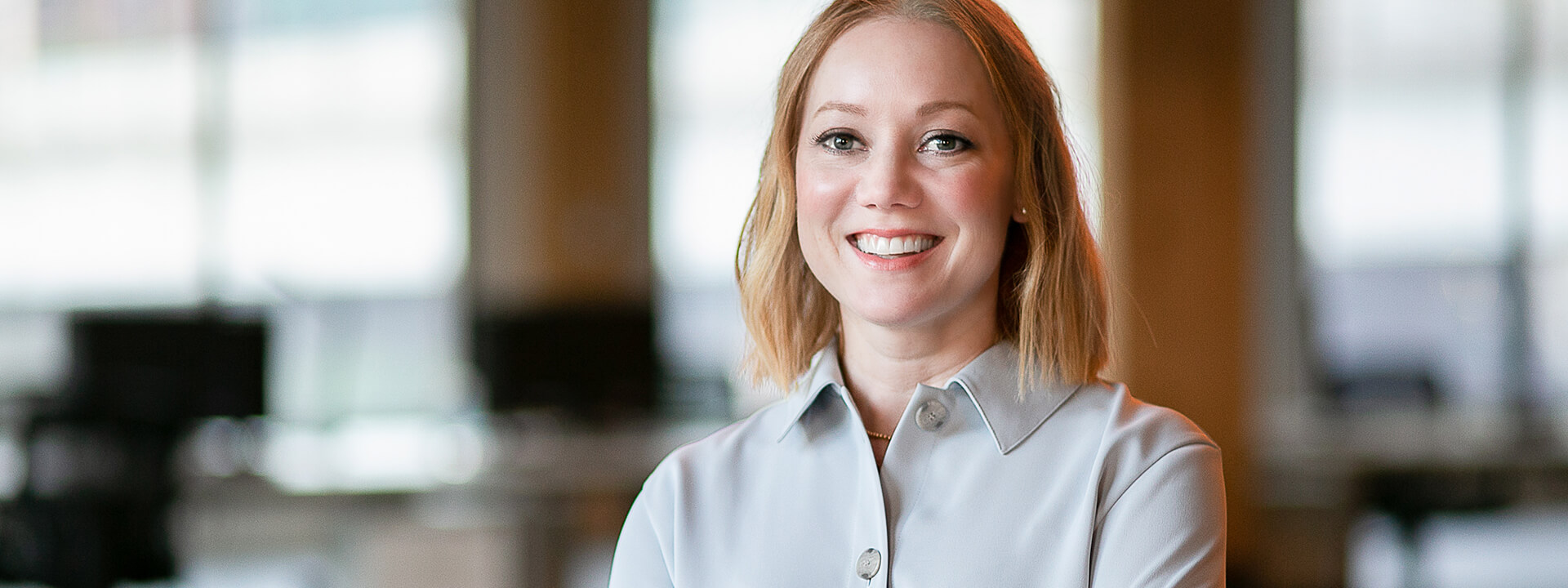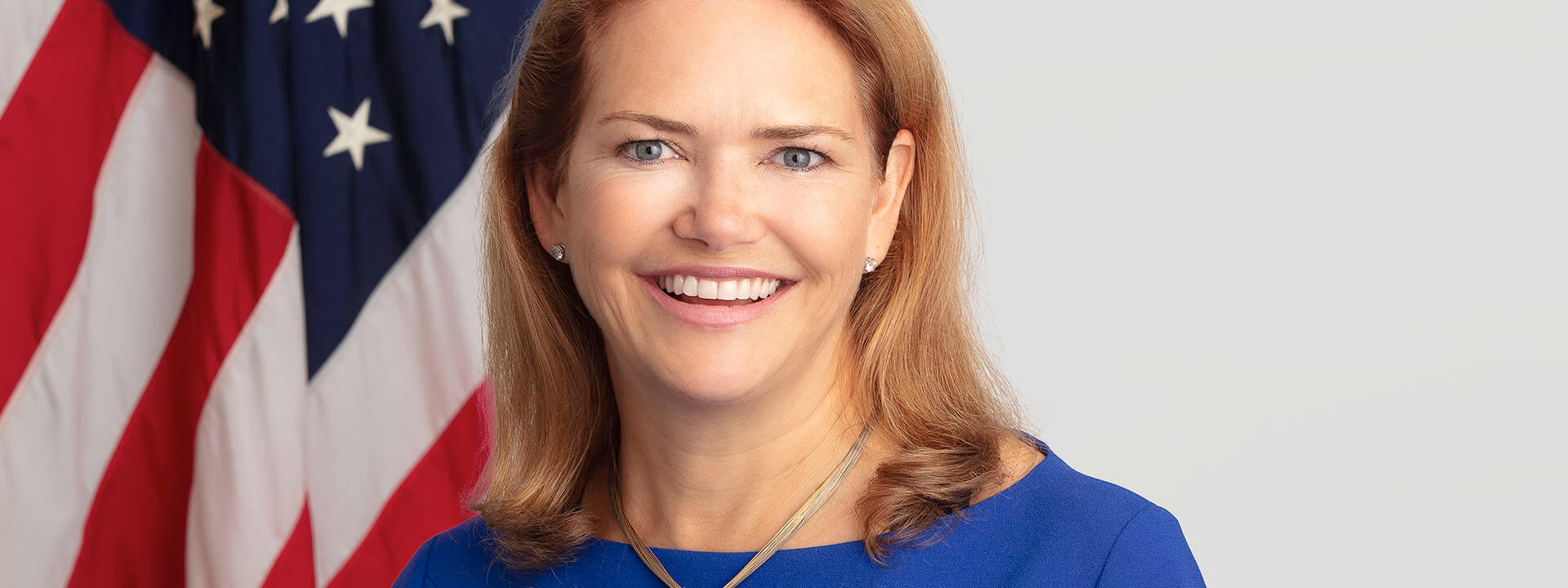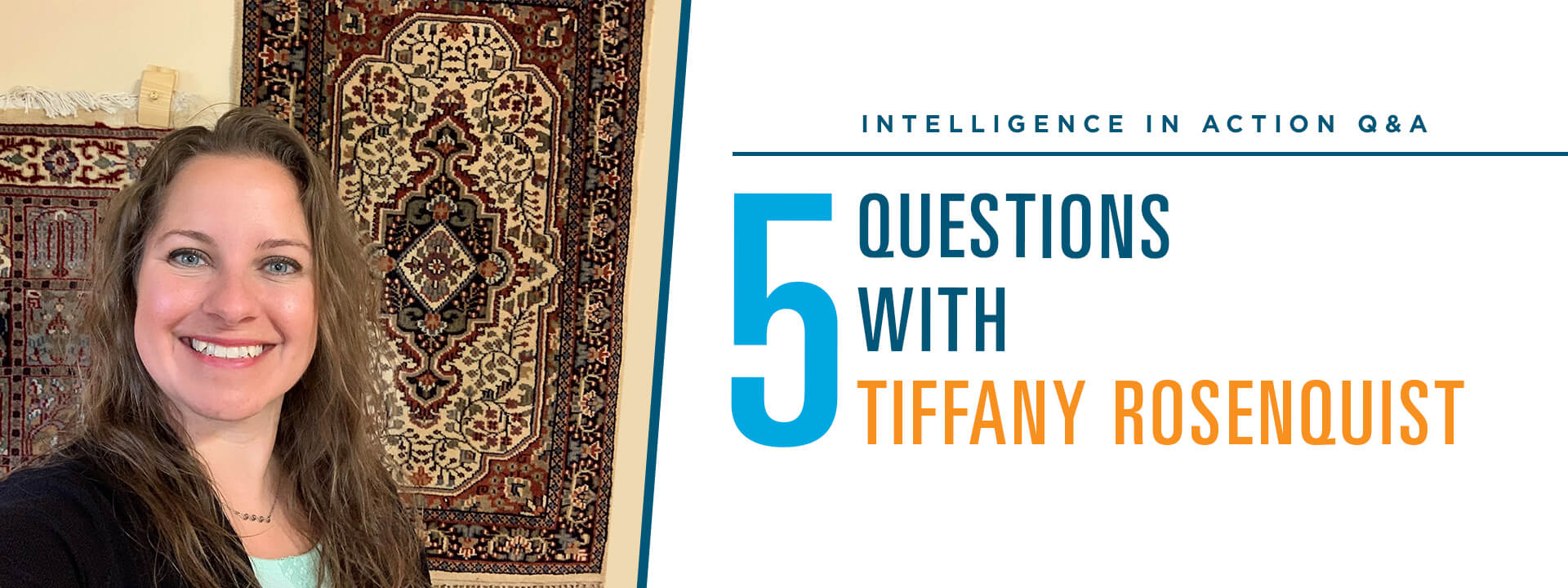Invented in the time of steam engines—1843 to be exact—our healthcare system still relies on an antiquated technology to deliver sensitive patient data billions of times each year.
We’re well into the digital age, but the fax machine is ever present in healthcare, accounting for 75% of all medical communication, and creating headaches for doctor’s offices, pharmacies, payers and hospitals across the nation.
The ubiquity of these machines in the midst of a pandemic, when actionable information and real-time intelligence can save lives, tragically showcases their shortfalls. According to a July 2020 New York Times article, the fax machine is creating bottlenecks in the coronavirus response. The city of Austin and Travis County are receiving around 1,000 faxes a day, including duplicate COVID-19 test results, according to Dr. Mark Escott, interim health authority for those jurisdictions. And on average, his office received the info it needs about a test result 11 days after the test is taken — far too late to make contact tracing worthwhile
The industry has long grappled with the fax’s shortcomings. These machines delay care and treatment and slow productivity, and they also have reason to worry healthcare professionals: did this sensitive patient information arrive at its proper destination? Was it picked up? Faxes are easily misdirected. In 2017, a faxing error sent documents related to 28 patients to a local media outlet instead of a health system. An earlier fiasco involved medical records being sent to NASA, instead of a doctor’s office in Minnesota.
But what if the future of healthcare didn’t rely on technology of the past? And what if these fax machines were free to find a new purpose? We’ve begun to imagine just such a future—one where streamlined communication takes the place of all those buttons, beeps and whirs:
It's time to unplug those fax machines and swap them out for in-workflow digital solutions that align better with patient care. Join us on the journey: learn more about the work we’re doing to bring about a faxless future.


 Dean Riggott Photography
Surescripts
Dean Riggott Photography
Surescripts




